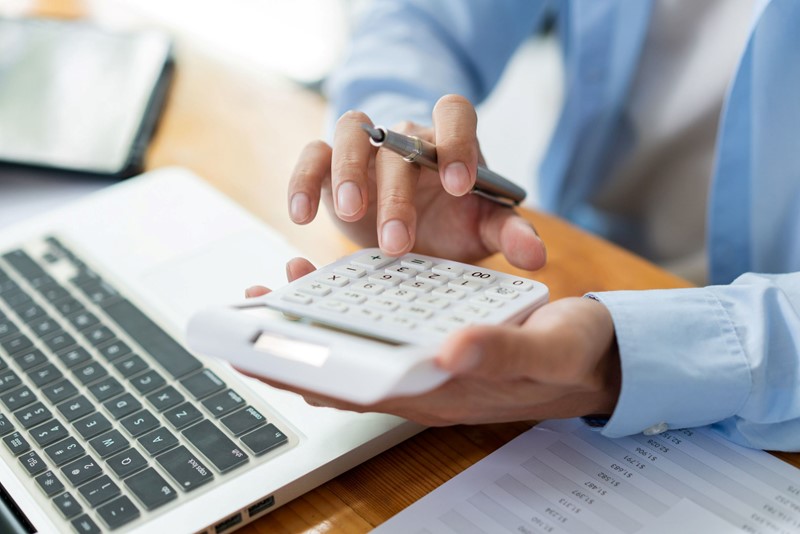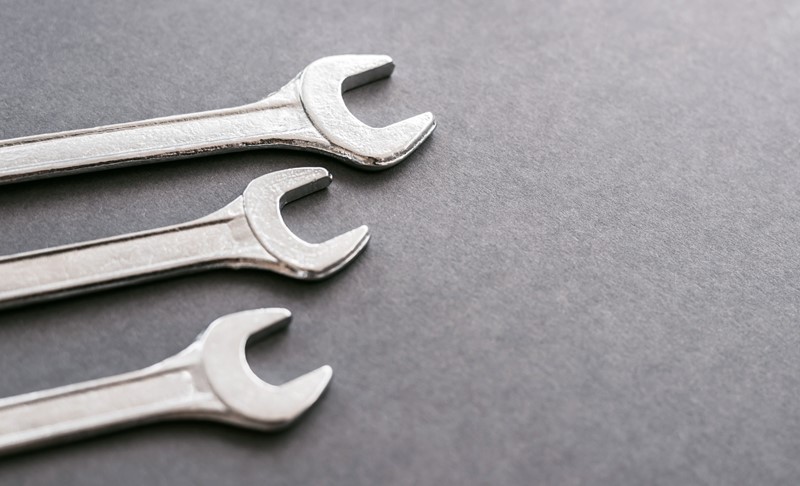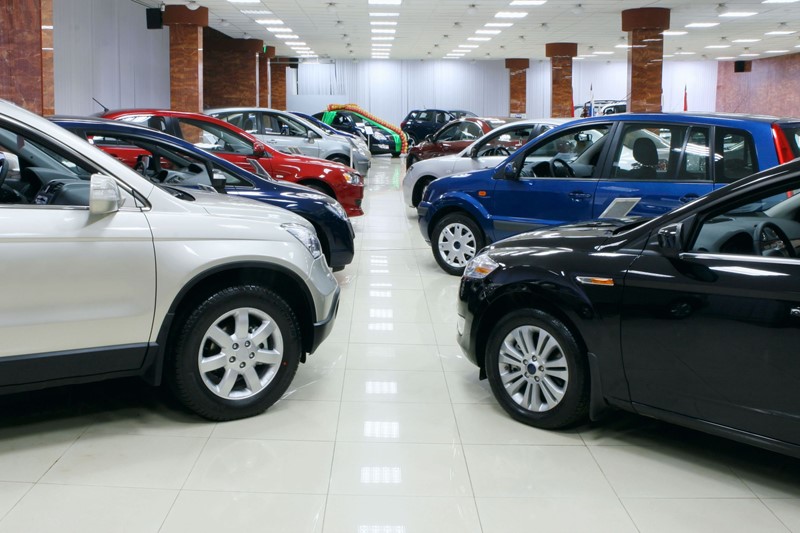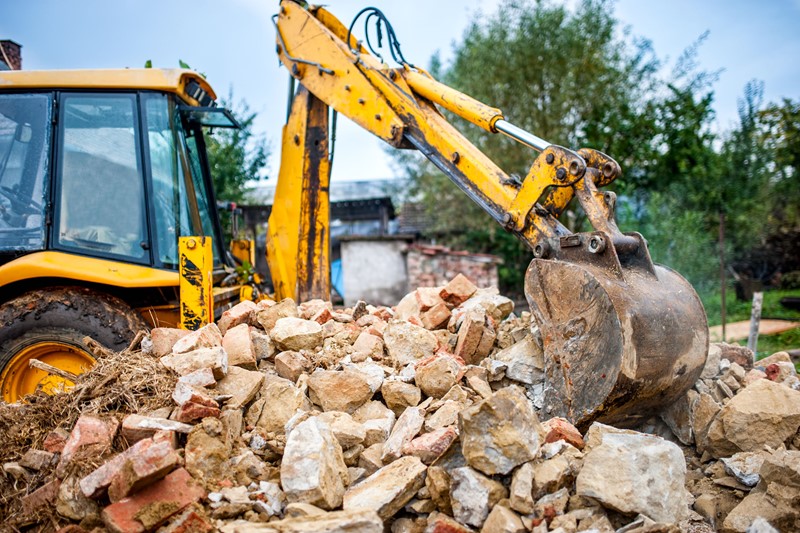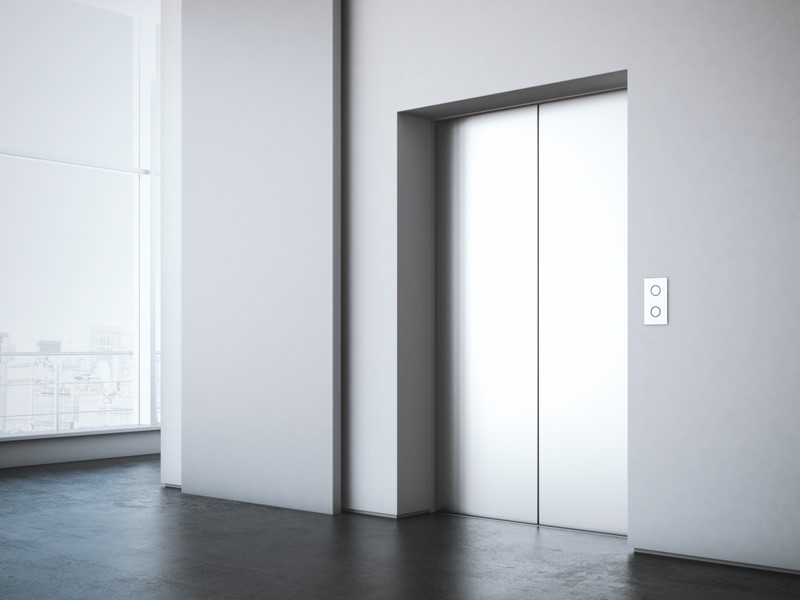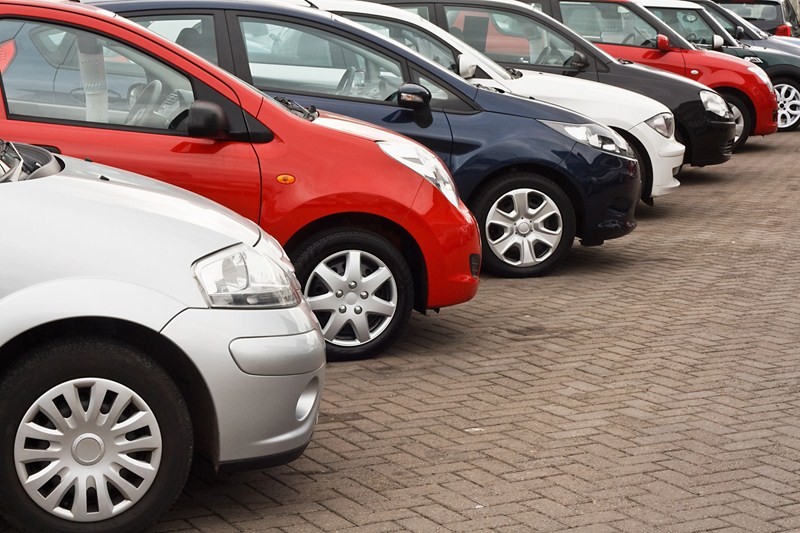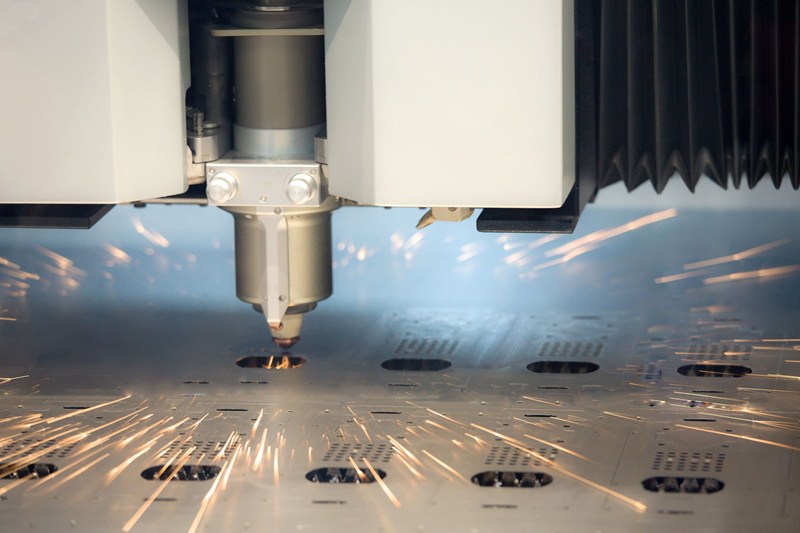The Annual Investment Allowance (AIA) is a generous tax relief that allows for the total amount of qualifying expenditure on plant and machinery to be deducted from your profits before tax.
The AIA can be claimed by an individual, partnership or company carrying on a trade, profession or vocation, a UK non-residential property business or a furnished holiday let. Only partnerships or trusts with a mixture of individuals and companies in the business structure are unable to qualify for AIA. The AIA is currently available for qualifying expenditure of up to £1 million per year.
If you are thinking of incurring expenditure on large items of capital expenditure for your business before the end of the tax year, there is still time to invest in new equipment and reduce your tax bills for 2023-24. This could mean looking at accelerating plans, where possible, to incur expenditure before the end of the year and maximise relief.
The AIA is available for most assets purchased by a business, for example, machines and tools, vans, lorries, diggers, office equipment, building fixtures and computers. The AIA does not apply to cars.
A claim for AIA must be made in the period the item was bought. This date is defined as the date when a contract was signed – if payment is due within 4 months of the contract being signed – or the actual payment date if it’s due more than 4 months later.

